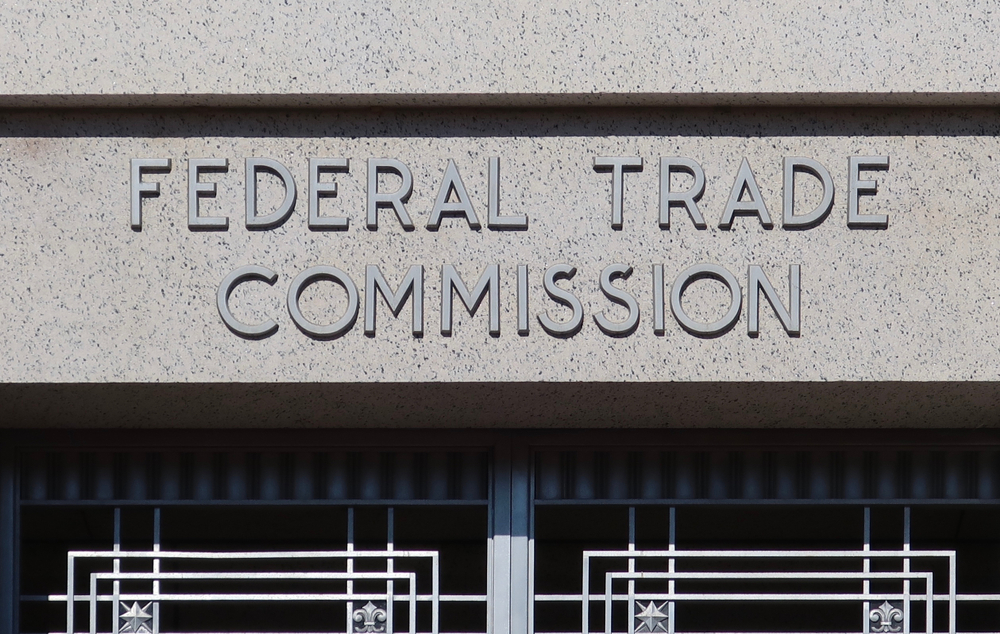
Trade organizations from the hospital, insurance and financial services sectors are actively challenging the Federal Trade Commission’s (FTC) proposed ban on noncompete agreements, highlighting a significant split within the judiciary over the regulator’s authority, according to Bloomberg.
Featured News
Paramount Signals No Retreat in Battle for Warner Bros. Discovery
Feb 10, 2026 by
CPI
Sam Bankman-Fried Seeks New Trial While Serving 25-Year Sentence
Feb 10, 2026 by
CPI
White House Eyes Voluntary Agreement with AI Companies on Data Center Costs
Feb 10, 2026 by
CPI
Rising Competition From Corporate Buyers Reshapes Atlanta’s Housing Market
Feb 10, 2026 by
CPI
Mintz Expands New York Litigation Bench with Five-Partner Hire from Cadwalader
Feb 10, 2026 by
CPI
Antitrust Mix by CPI
Antitrust Chronicle® – Hub-&-Spoke Conspiracies
Jan 26, 2026 by
CPI
A Data Analytics Company as the Hub in a Hub-and-Spoke Cartel
Jan 26, 2026 by
Joseph Harrington
Hub and Spoke Cartels
Jan 26, 2026 by
Patrick Van Cayseele
Hub-and-Spoke Collusion or Vertical Exclusion? Identifying the Rim in Hub-and-Spoke Conspiracies
Jan 26, 2026 by
Rosa Abrantes-Metz, Pedro Gonzaga, Laura Ildefonso & Albert Metz
The Algorithmic Middleman in a Hub-and-Spoke Conspiracy: Divergent Court Decisions and the Expanding Patchwork of State and Local Regulations
Jan 26, 2026 by
Bradley C. Weber